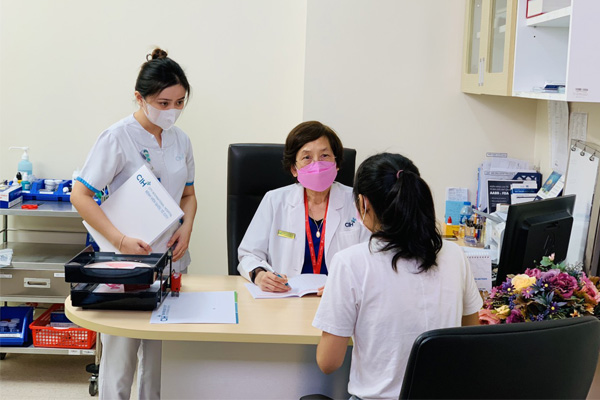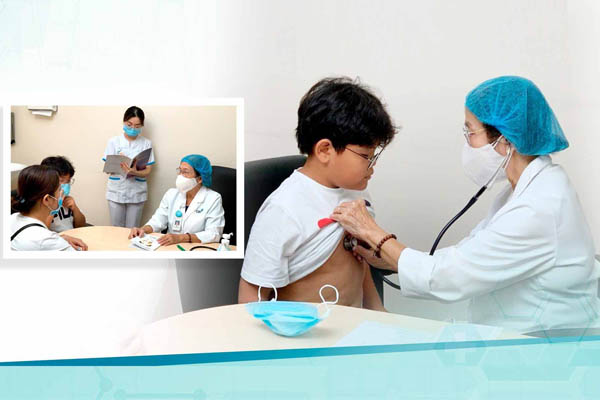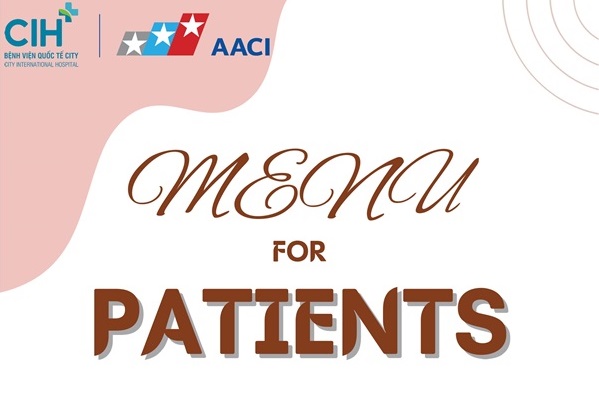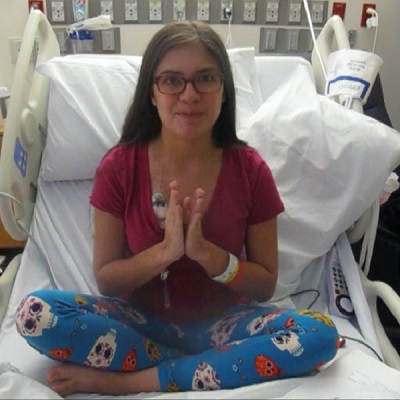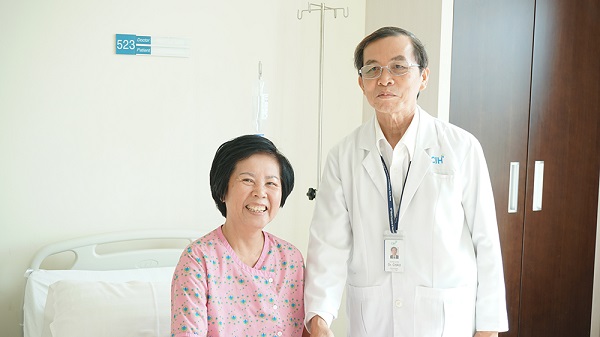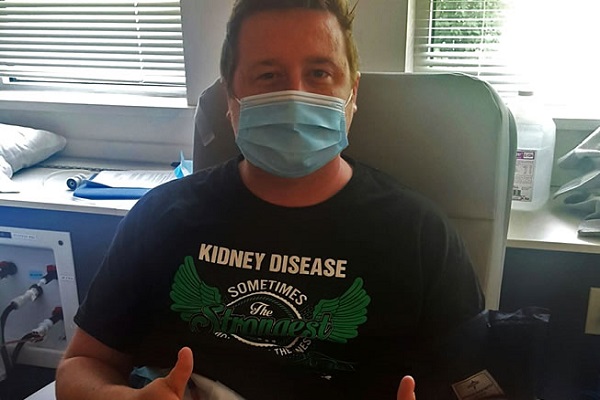As the coronavirus pandemic spreads, we're learning more about how different groups experience COVID-19. Everyone is talking about mild, moderate and severe cases, and critical cases. What does this mean? In this article we will look at asymptomatic and mild infections. In part two of the series we explain moderate, severe and critical COVID-19.
There are, as yet, no clear guides for patients to tell them what doctors mean by mild, moderate or severe COVID-19. Some guidance on classifying illness is appearing in research papers and epidemiological reports, but it's not very specific. For example, the broad definition of moderate disease seems to be that it's worse than mild disease but not severe.

How have people been 'classifying' COVID-19?
You will have heard in public health announcements and in the media that some people have had mild COVID-19 infections, and others moderate, severe or critical. Yet, when you look up the symptoms, you are told to expect a cough and a temperature. How bad a cough is a mild case? How much of a temperature is severe?
This terms generally used to classify the illness are:
- Asymptomatic
- Mild
- Moderate
- Severe
- Critical
These classifications are consistent with published descriptions so far. When formal, agreed guidance on what we call mild, moderate and severe cases is published, these may differ slightly. For now, this seems to fit the way the terms are being used. Each of these 'levels' of illness is considerably less common than the previous one (so severe is less common than moderate, which is less common than mild and so on).
In this article we will look at asymptomatic and mild infections. In part two of the series we explain moderate, severe and critical COVID-19.
Who gets what?
Most people who are young and healthy are likely to be in group one or two (asymptomatic or mild). However there are reports emerging that some young healthy people have become very unwell and at least one in the UK has died. In percentage terms this appears to be very low, but the chance is not zero.
You have a greater chance of moving further down the list into moderate, severe and critical infections if:
- You are over 60 (and higher still if you are over 70).
- Your health is normally compromised by heart disease, lung disease, cancer and chemotherapy, immune deficiency; or
- You have had a solid organ transplant.
Remember, each of the 'levels' of illness is considerably less common than the previous one.
Even in the over-80s group, very significantly more people will have mild or moderate disease than severe disease.
Not an exact science
You may well not fit any one classification exactly. You may be between two. You may move from mild to moderate symptoms, then back to mild. You may have symptoms from more than one group. Illness is like that.
When huge numbers of people are affected, they will not all fit perfectly into simple group classifications of mild, moderate or severe. But if your symptoms are predominantly of mild disease with, say, one or two moderate features, you may be 'mild to moderate'.
If your symptoms are predominantly moderate, but you are clearly getting worse and start to get symptoms that seem to fit 'severe', do not wait to seek urgent help until you have more of the severe symptoms.
In each category most people will not progress to the next. You are more likely to progress if you are vulnerable, particularly if you are over 60. If you are in the very vulnerable group and you think you have even mild COVID-19, you should seek advice.
How bad is my COVID-19?
Asymptomatic COVID-19
It is possible that a large proportion of the population will have COVID-19 yet have no symptoms at all, but we don't know that yet. It seems likely that this will occur more often in the healthiest and the younger age groups, including most children.
The government is hoping to roll out antibody testing in order to discover how many people have had coronavirus unknowingly, without symptoms. Early research on small numbers suggests it could be 40-50% of cases. It could be even more - figures of 80% have been mentioned. We don't know.
Being asymptomatic means that you have no symptoms. However, there are reports of loss of sense of smell in asymptomatic people. Technically even that is a symptom.
If you live in a house with people with probable COVID-19 infection and you have no symptoms, you may be an asymptomatic case. You will not know for sure until we have an antibody test. The government is working on this. At the moment the test is being evaluated for accuracy. An inaccurate test is worse than no test.
Remember, this entire pandemic probably started with one case. Don't be a spreader.
Mild COVID-19
The virus affects mainly your upper respiratory tract, primarily the large airways. Key symptoms are temperature, with or without cough.
Patients with mild illness have flu-like symptoms. These may include dry cough and mild fever, but the fever may not reach 37.8°C, and there may sometimes be little or even no cough. Patients might notice a feeling of being a bit more breathless than normal on exercise, but they are not out of breath on normal household activity.
With mild COVID-19:
- You may have a fever, including one that doesn't reach the 37.8°C mark.
- You may lose your sense of smell.
- You may have tiredness, muscles aches or a headache.
- You are not highly likely to have sore throat or runny nose, but they do occur in some cases.
- You do not have marked breathlessness.
- Your self-care, cooking, eating and drinking are not affected. Your appetite is normal or fairly normal.
- You may feel sad or weepy.
- The symptoms typically seem to last about 7-10 days.
Most normally healthy people under 60 who have symptoms will have this form. Most (81%) of symptomatic COVID-19 cases are mild and remain mild in severity. However, patients with mild disease can deteriorate, sometimes quickly, and this is more likely in at-risk groups.
In part two of this feature series we will look into moderate, severe and critical infections.
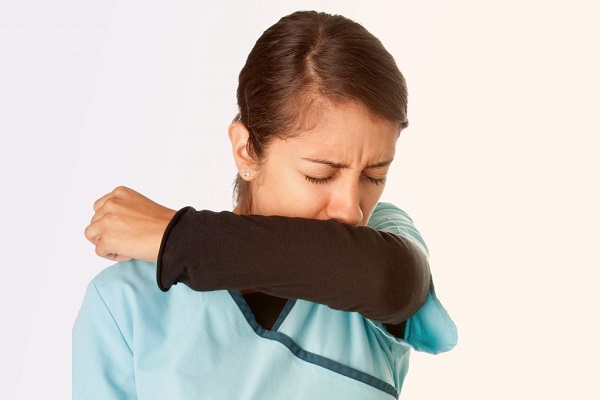
When to seek help
There is no substitute for being assessed by a health professional. This may need to be on the phone or face to face so that your blood pressure can be taken, your oxygen levels measured and your general condition assessed.
However, the vast majority of people with mild or asymptomatic infections do not need to seek medical attention and can treat their symptoms at home. There are some circumstances in which you should speak with a clinician about your symptoms.
If you are in a vulnerable group, seek advice. This includes all people who are being 'shielded' for their own protection. You should seek medical advice (over the phone) if you develop symptoms of COVID-19 and you:
- Are over 70 (not all over-70s are in the shielding category, but you are at increased risk of serious disease).
- Have significant heart, lung or kidney disease, or immune deficiency.
- Are on oral steroids.
- Have had a solid organ transplant.
COVID-19 can worsen swiftly. Vulnerable people should not manage their COVID-19 alone by relying on written advice. Written advice cannot check up on you. Government advice is constantly updated. Additional advice for the older and vulnerable is also found here.
If you have symptoms that are worsening, seek advice. This is particularly true if you have any of the severe features. People with COVID-19, particularly those in risk groups, can deteriorate from mild to moderate to severe. Likewise, if you are afraid, please seek advice. That is what health professionals are there for.
In an emergency, you have to call emergency in your region or call (+8428) 6290 1155 and ask for an ambulance. Inform the call handler that you think you have coronavirus.
Source: https://patient.info/news-and-features

Should you have any questions, please do not hesitate to contact us:
City International Hospital
- Address: No. 3, 17A Street, Binh Tri Dong B Ward, Binh Tan Dist. (Next to AEON Mall Binh Tan). Ho Chi Minh City.
- Operator: (+8428) 6280 3333, ext. 0
- 24/7 Emergency: (+8428) 6290 1155
- Website: https://cih.com.vn/en/
- Fan page: https://www.facebook.com/BenhVienQuocTeCity/
- Email: This email address is being protected from spambots. You need JavaScript enabled to view it.













